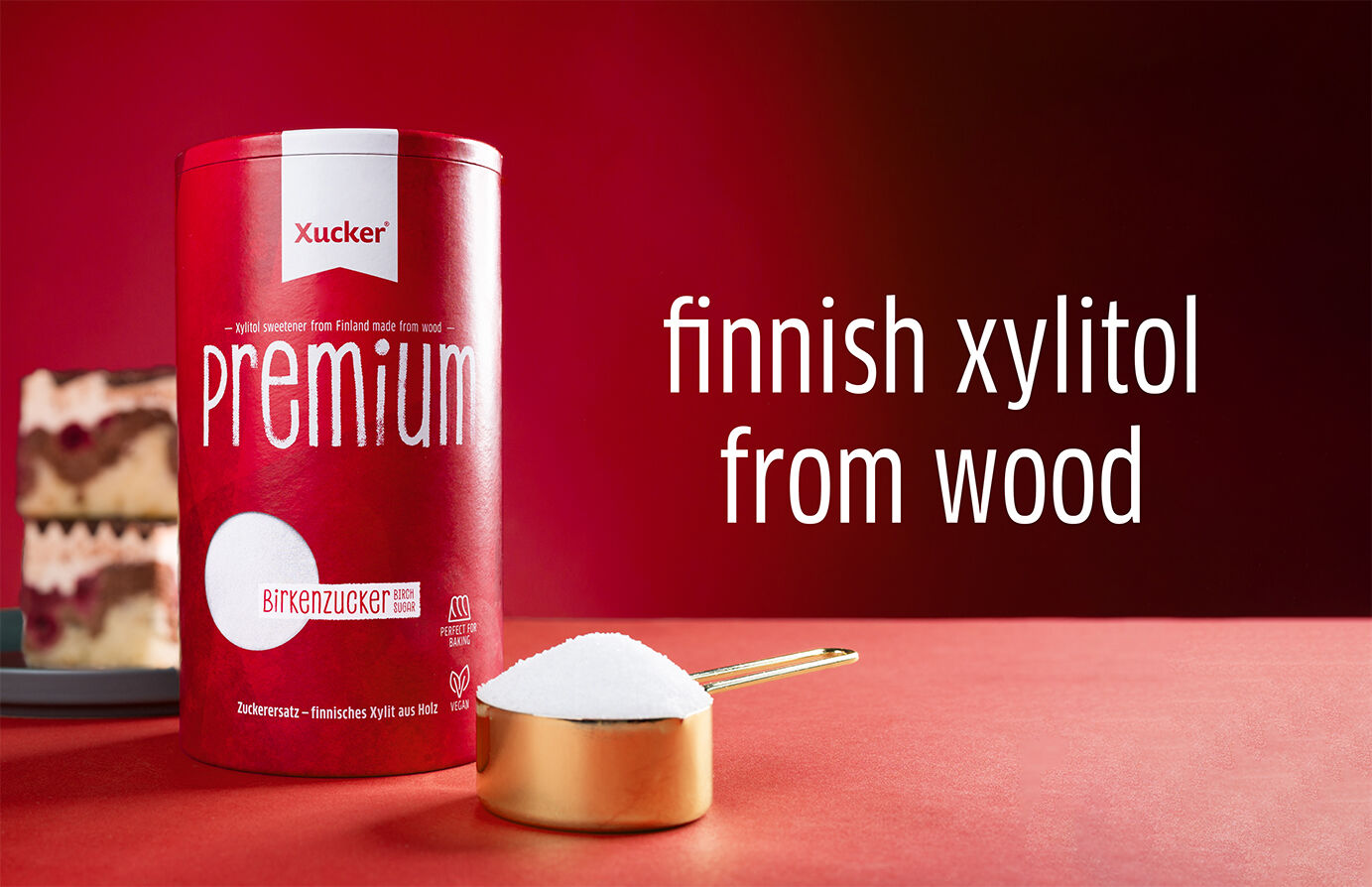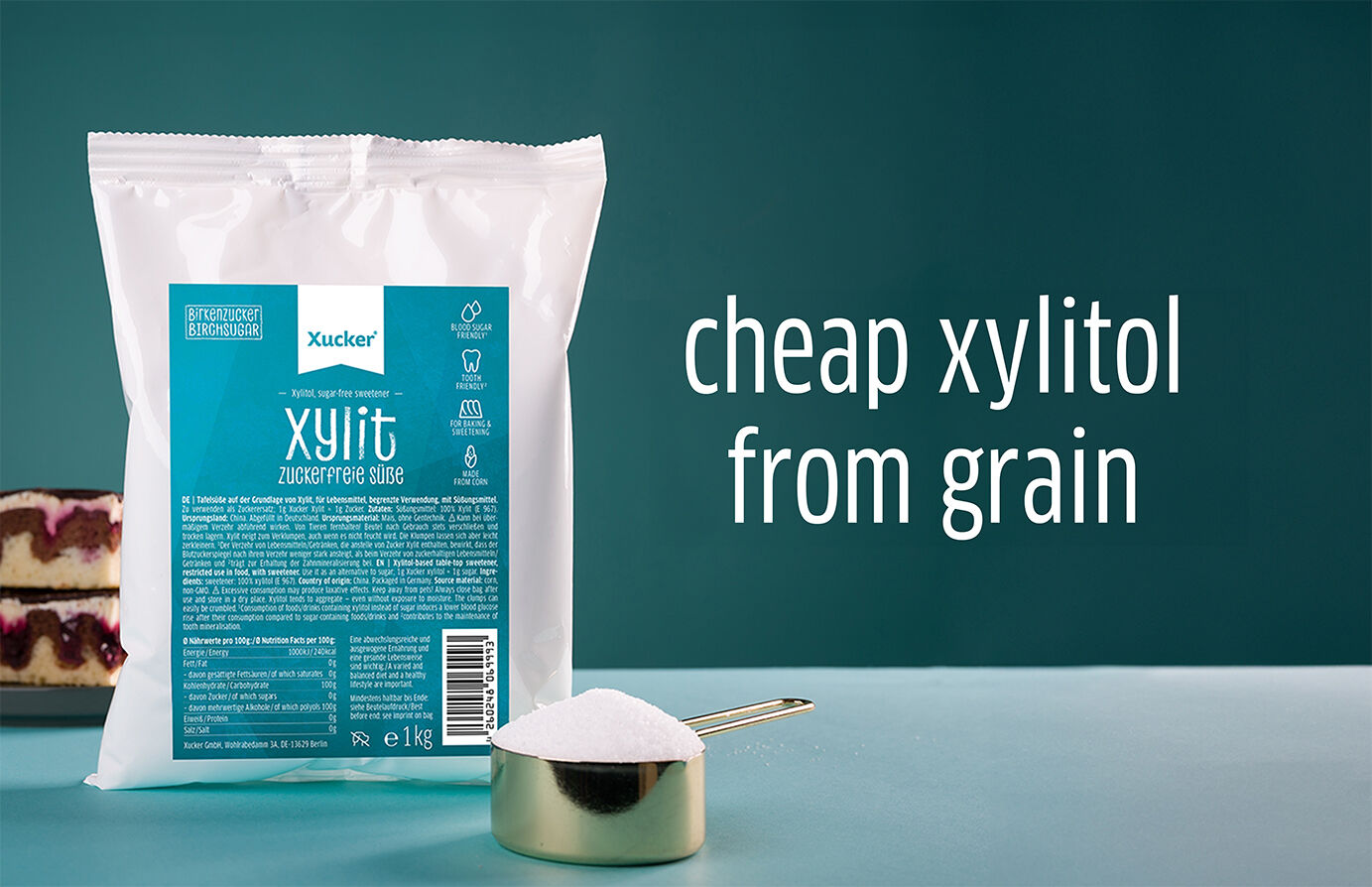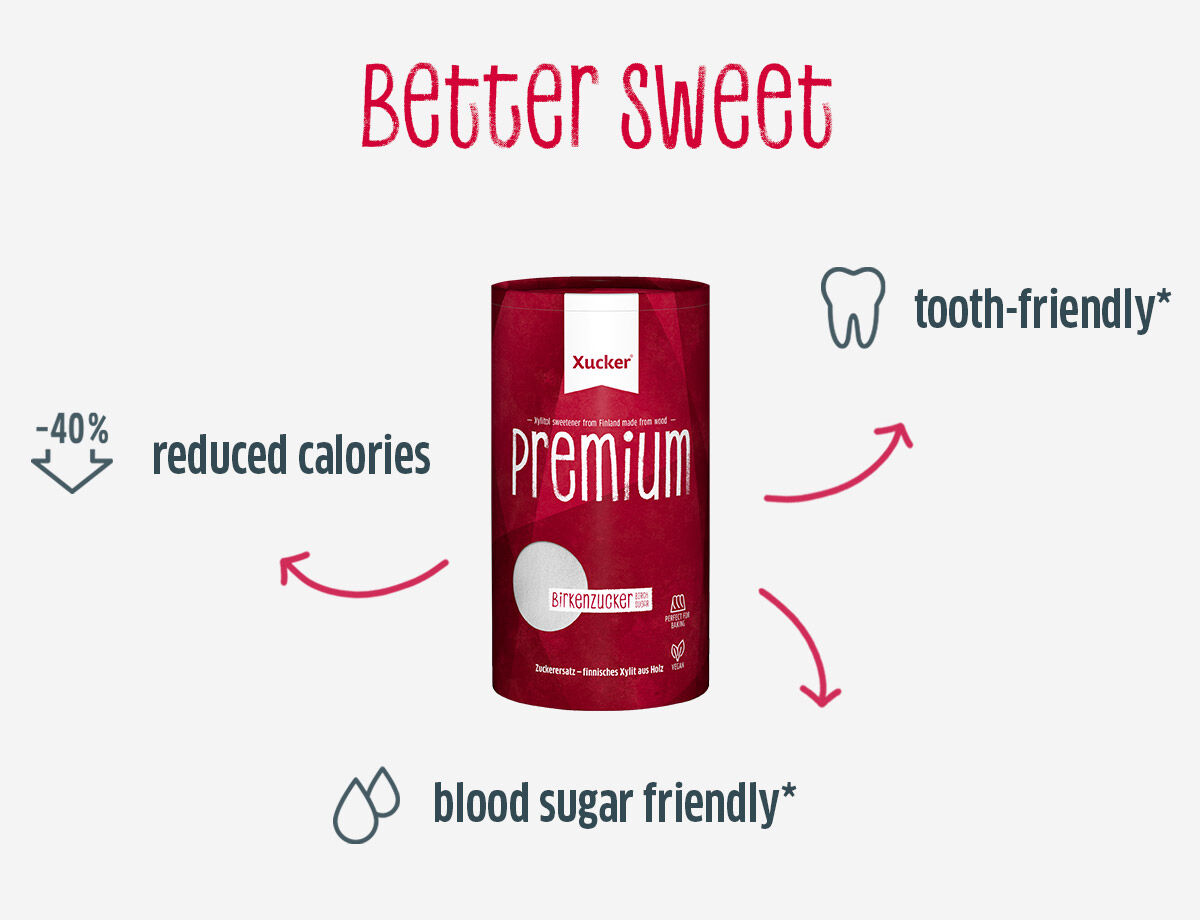Was ist Xylit (Birkenzucker) und wie kann es Zucker ersetzen?
Xylit kann Haushaltszucker ersetzen! Wir alle wissen, dass Zucker gut schmeckt – und unserer Gesundheit schaden kann. Wer seinen Zuckerkonsum deshalb reduzieren möchte, ohne auf die süßen Leckereien zu verzichten, hat heutzutage eine große Auswahl: allerdings sind viele wie Aspartam, Sucralose, Fruchtzucker, pflanzliche Dicksäfte und andere Zuckeralternativen auch nicht wirklich gesund. Xylit (Birkenzucker) dagegen ist bereits seit Jahrzehnten bei Konsumenten beliebt, die ihren Zuckerkonsum reduzieren wollen. Das Süßungsmittel wurde 1891 entdeckt und wird bereits seit 1960 als Zuckeralternative in Lebensmitteln verwendet.
This is how xylitol (birch sugar) is produced
Artificial sweeteners - Sucralose and Saccharin are stable chemical entities that accumulate in the environment, with hitherto unknown consequences. In contrast, xylitol and erythritol are produced from renewable raw materials - entirely without genetic engineering - and ultimately decompose into substances that are harmless to the environment. While xylitol is obtained from plant fibres or by fermentation, erythritol is produced exclusively by fermenting glucose obtained from corn starch. Xylitol can be produced by two different manufacturing processes: One is by hydrogenation of wood sugar - hence xylitol is often called birch sugar - and the other is by fermentation of glucose, which is also called dextrose. Voilá - this is how sugar finally becomes xucker.
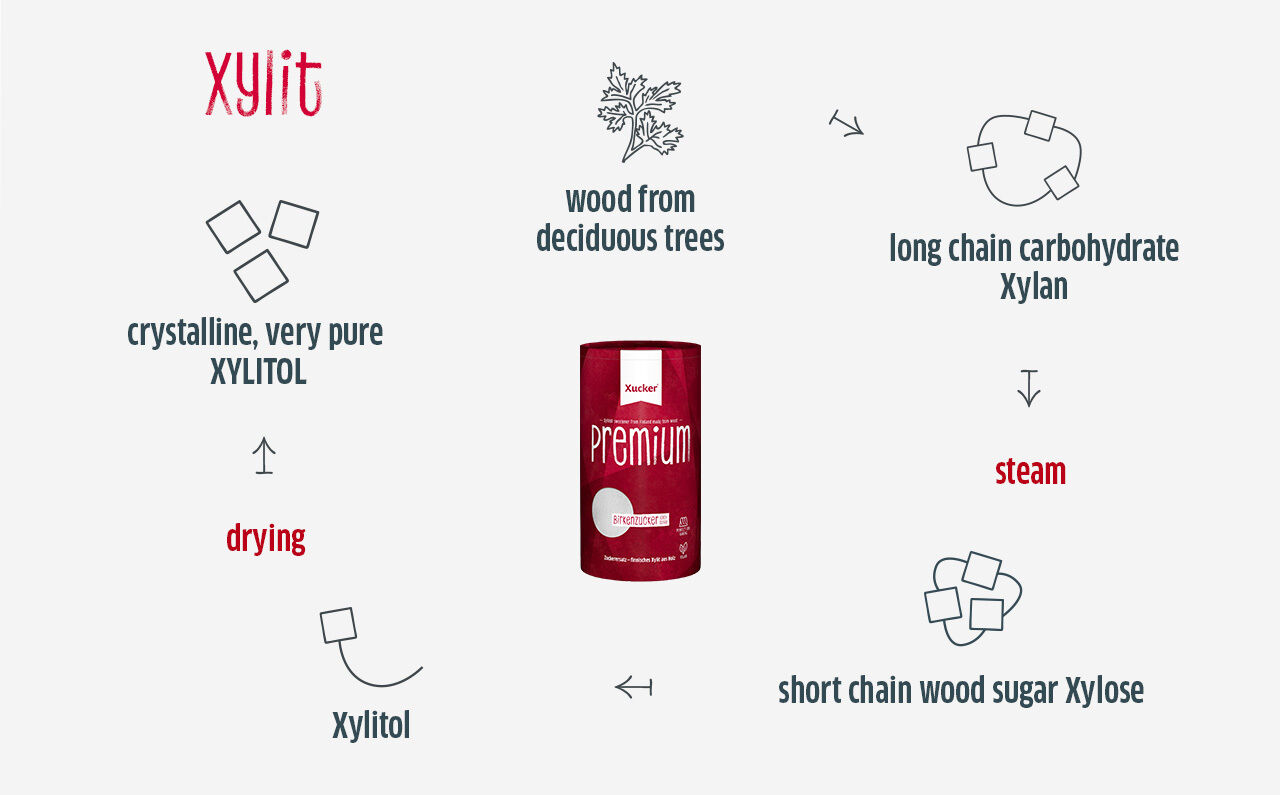
Xucker Premium: During hydrogenation, xylose - the so-called wood sugar - is first extracted from wood or corn plant fibres. For Finnish xylitol, which is available from us as Xucker Premium, only heat is used and no chemicals are used. Our xylitol from Finland, is also produced exclusively from wood from sustainable forestry. However, trees do not have to be felled for the production of xylitol - quite the opposite: large quantities of xylose are produced as a by-product during pulp production. The wood is thus 100% recycled. In further processing, the pure, crystalline xylitol is produced from the xylose by means of hydrogenation in a Raney nickel catalyst.
Xucker Basic: The xylose for our Basic Xylitol is obtained from corn plant fibres, completely GMO-free. In principle, xylitol can be obtained from any plant material. There are also plants that produce xylitol from coconut fibres. In Finland, a plant that produces xylitol from oat husks went into operation in 2021.
How to replace sugar with xylitol
Xylitol can be used in most recipes for baking or cooking without any taste restrictions. However, a slight cooling sensation may be noticed on the tongue. When xylitol crystals dissolve, they remove energy from the surrounding environment, which is noticeable as a cooling effect. Xylitol, which is offered as Xucker Premium and Xucker Basic, can replace sugar 1:1 in most recipes. Whether for baking cakes, biscuits or cream cakes, for making jam, desserts, sauces and muesli, there are hardly any limits to the use of Xucker-Xylit. Unlike erythritol, however, xylitol cannot be used for candying foods (especially nuts), because it only solidifies very slowly after cooling.
Since xylitol can have a laxative effect on sensitive persons and a higher consumption, it is advisable when using the sugar substitute to use it well dosed, especially in drinks. Better here is the use of Xucker Light, which is made from erythritol.
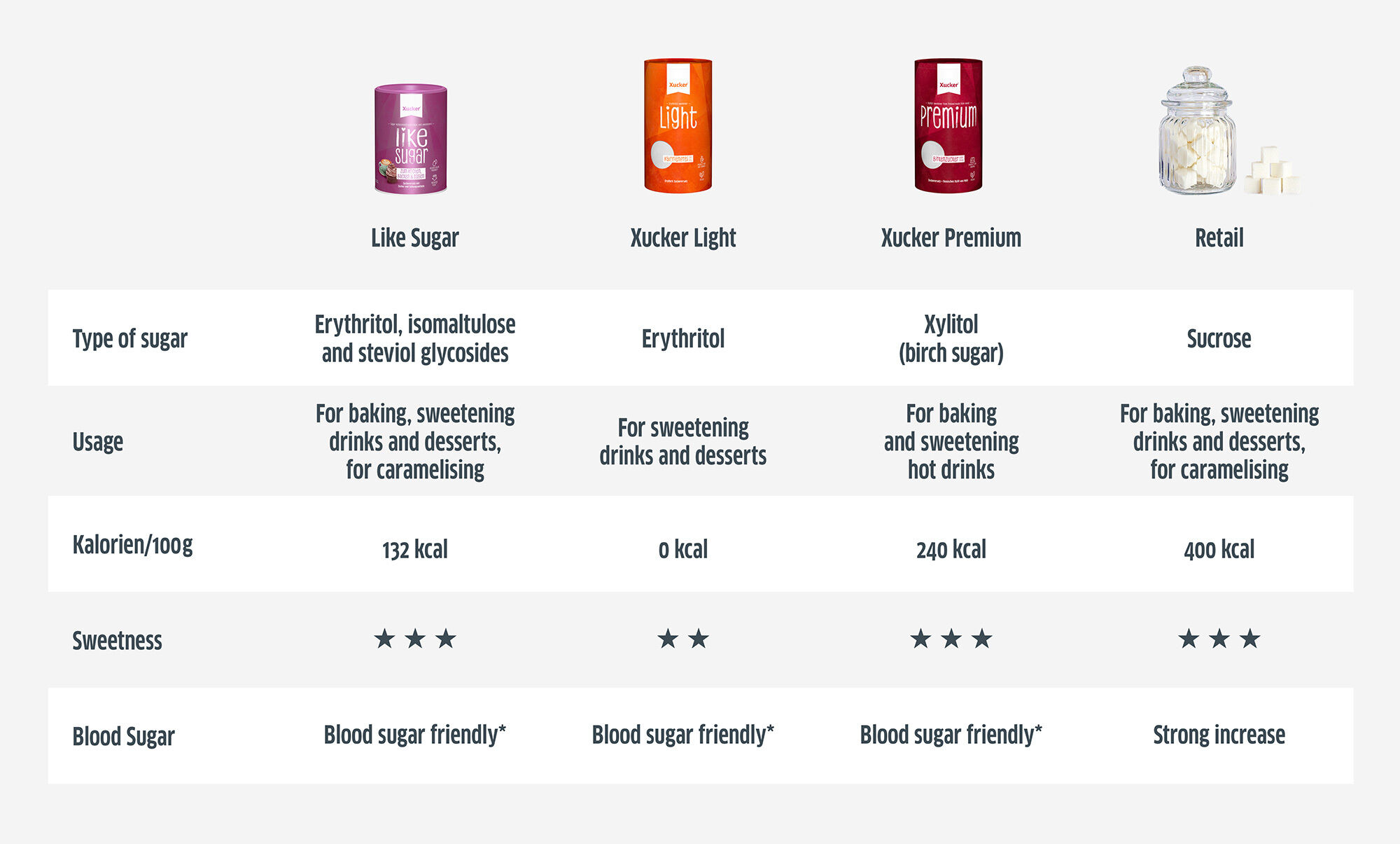
Xylitol supports your daily dental care
What always causes astonishment is the fact that xylitol, as sweet as it is, is nevertheless able to care for the teeth. It is very popular for dental care: If xylitol dissolves in the mouth, there is increased saliva formation. The calcium phosphate contained in saliva can form and harden tooth enamel. In addition, acids are diluted in the mouth and thus the teeth are protected from a low pH environment in which caries-causing bacteria feel at home. Only in an acidic environment with a pH of 4-5 do caries-causing bacteria attach themselves to the teeth and form plaque. Without plaque, neither caries nor periodontitis form.
Xylitol prevents caries bacteria from metabolizing carbohydrates into tooth-damaging lactic acid. Used regularly, xylitol also alters the oral flora so that streptococci with greatly reduced cariogenic potential settle in the oral cavity. In addition, rinsing with xylitol causes the tooth surface to become smoother with each rinse due to the calcium phosphate contained in the saliva. Bacteria thus find it increasingly difficult to adhere to the tooth.
For dental care, it is recommended to rinse the teeth several times a day with 3-4 g of xylitol each time, preferably directly after meals. This can be done using sweets, chewing gum or pure xylitol. In addition to toothbrush and floss, food also plays an important role in dental care: a low-sugar, wholesome diet also helps protect against tooth decay. Xylitol can support normal dental care, but is not a substitute for it!
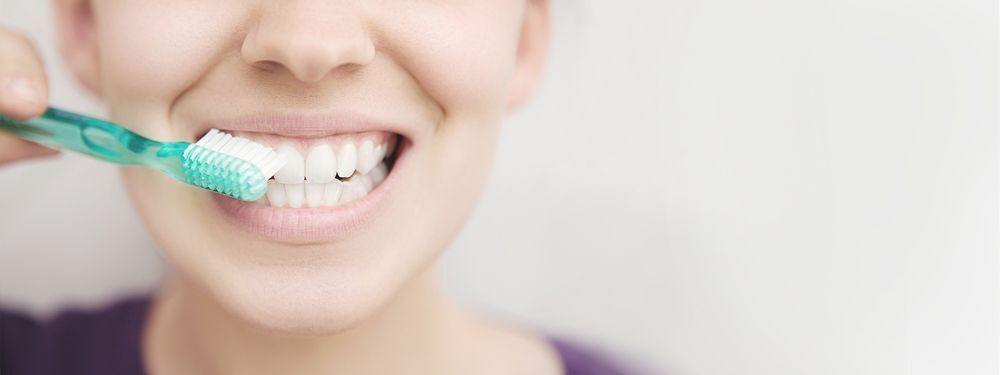
How to best use xylitol
The sugar substitute xylitol is safe for both children and adults. However, please note that in the beginning you should consume less than 3 to 4 teaspoons, i.e. approx. 20 g of xylitol, per day. Higher amounts of xylitol can otherwise have a laxative effect. Depending on your needs, you can increase the dose after a few days. We recommend a maximum daily intake of 100 g of xylitol for adults, and a maximum of 50 g per day for children up to 12 years of age. We recommend that children up to the age of three stay away from all sweetened foods and drinks, including the much-loved squeezies made from fruit puree. This is because it is at this age that the taste formation takes place, where "sweet" should be an exception. Xylitol is unsuitable for babies. They can not yet metabolize it so well.
Xylitol for frutose intolerance
If fructose intolerance exists, Xucker Premium/Basic (xylitol) should initially only be consumed in very small doses. Many sufferers tolerate xylitol, but some do not. Xylitol can trigger the same symptoms in them as fructose. For them, Xucker Light (erythritol) is the better sweetener.
Xylitol for diabetes
Eating foods/drinks that contain xylitol instead of sugar causes blood sugar levels to rise less after they are eaten than when eating foods/drinks that contain sugar. We advise diabetics who wish to use xylitol as a sweetener for themselves to measure their blood sugar levels after consuming large amounts of xylitol to ensure that they remain within the desired range. For drinks, we recommend diabetics use Xucker Light, which is calorie-free and therefore has no effect on blood sugar levels.
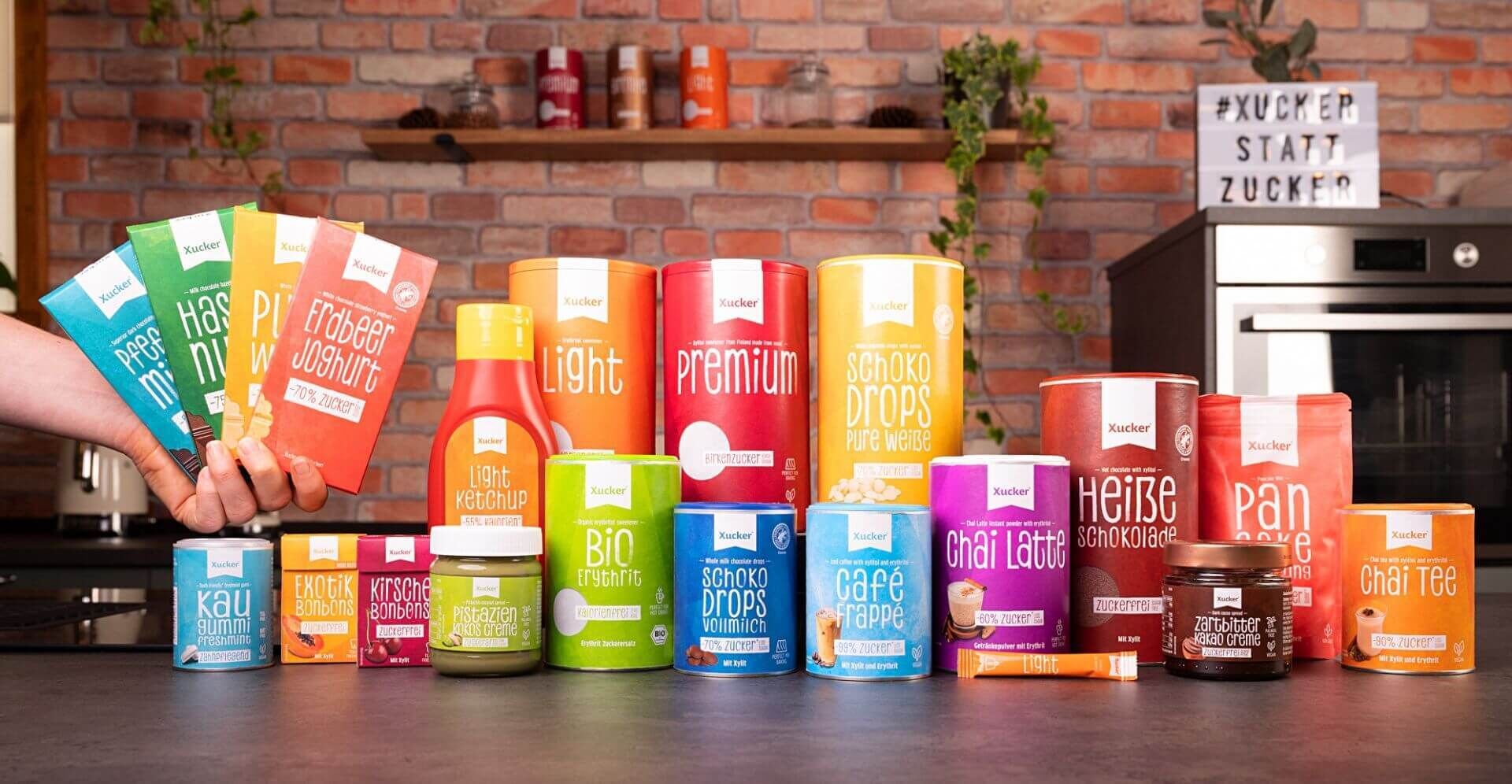
* Der Verzehr von Lebensmitteln/Getränken, die anstelle von Zucker Erythrit/Xylit enthalten, bewirkt, dass der Blutzuckerspiegel nach ihrem Verzehr weniger stark ansteigt, als beim Verzehr von zuckerhaltigen Lebensmitteln/Getränken und trägt zur Erhaltung der Zahnmineralisierung bei.

